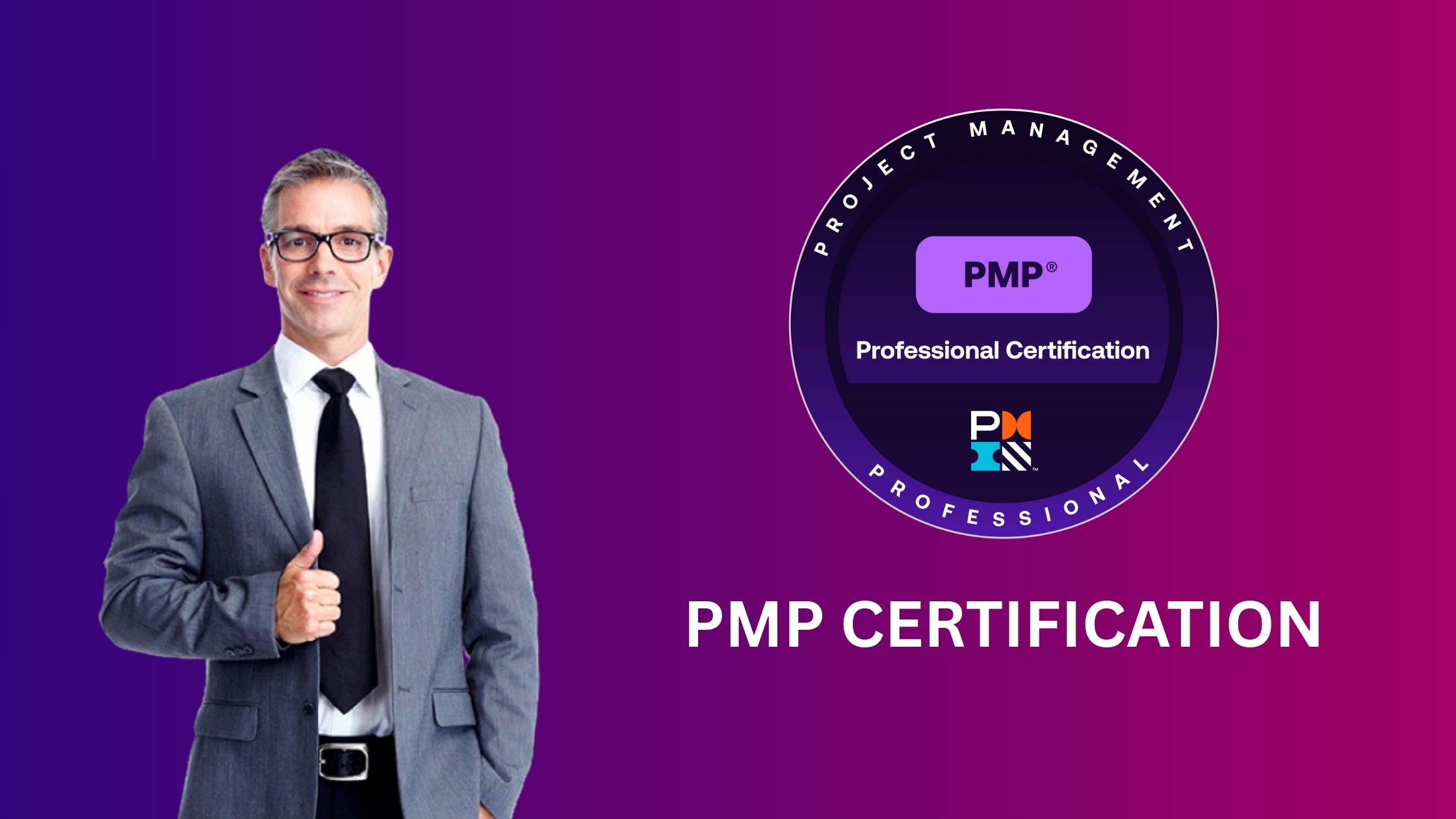Get certified! Learn about the PMI CAPM certification, essential prerequisites, exam structure, career benefits, and find top project management training in New York.
The world of project management is dynamic, high-stakes, and constantly in need of skilled professionals. For those looking to launch a rewarding career in this field, establishing a foundational understanding is the critical first step. The Certified Associate in Project Management (CAPM) certification, offered by the globally respected Project Management Institute (PMI), is the premier credential for new or aspiring project team members.While the keyword "CPMAI certification" may refer to a specific course version (like CPMAI v7 mentioned in the course listings), the core focus of the foundational training detailed on the provided webpage is the internationally recognized PMI CAPM certification. This credential validates an individual's fundamental knowledge of project management terminology, processes, and methodologies as outlined in the PMBOK® Guide (Project Management Body of Knowledge).
The Invaluable Advantage of CAPM Training
Pursuing CAPM training, such as the comprehensive programs available in New York, offers several key advantages that immediately benefit your career and prospective employers.From an industry perspective, CAPM provides a standardized framework for evaluating entry-level knowledge, ensuring that certified individuals possess a proven, baseline level of competency. For the candidate, achieving CAPM demonstrates a clear commitment to the profession and signals the ability to contribute effectively to project teams.The training equips participants with the essential foundational skills needed to contribute to successful project outcomes. By learning established principles, methodologies, and best practices, trainees are better prepared to handle responsibilities like project coordination, administrative support, and analytical tasks within a project environment. This certification enhances marketability, making individuals attractive candidates for various entry-level and support roles across countless industries.
Core Knowledge: The CAPM Curriculum and Learning Objectives
The CAPM certification process requires a deep dive into the structured approach of managing projects. Training is structured to ensure participants acquire the necessary skills by covering the essential elements of project management.
Key Learning Outcomes
The primary objectives of the training are to ensure participants:
- Understand the fundamental concepts of project management, including the crucial five process groups (Initiating, Planning, Executing, Monitoring and Controlling, and Closing) and the ten knowledge areas.
- Develop the skills to implement project management processes effectively, leading to successful delivery.
- Enhance exam preparation strategies to increase the likelihood of passing the demanding certification exam.
- Learn to effectively manage key project constraints, including scope, time, cost, quality, risk, and stakeholder engagement.
- Foster professional responsibility and ethical standards, which are paramount in modern project management.
Topics and Domains Covered
The CAPM body of knowledge covers the entire lifecycle of a project, from its conception to its final closure. The curriculum delves into:
- Project Management Fundamentals and Core Concepts: Terminology and principles forming the basis of the field.
- Defining and Controlling Scope: Ensuring the project includes all the required work, and only the required work.
- Planning and Controlling Schedule and Cost: Techniques for budgeting and timing to ensure timely and financially sound completion.
- Risk and Quality Management: Identifying, analyzing, and responding to potential project risks, while ensuring the project meets specified standards.
- Team Development and Stakeholder Engagement: Managing the project team and coordinating communication.
The official exam is structured around four domains, ensuring comprehensive understanding: Project Management Fundamentals, Predictive/Plan-Based Methodologies, Agile Frameworks/Methodologies, and Business Analysis Frameworks. This structure reflects the modern reality of project management, which increasingly integrates both traditional (predictive) and flexible (agile) approaches.
Target Audience and Prerequisites
The CAPM training is ideally suited for anyone looking to formalize their project management knowledge or make a career pivot.Target Audience Includes:
- Project Coordinators and Project Analysts.
- Team Leaders and Administrative Professionals.
- Business Analysts.
- HR Professionals involved in organizational projects.
- Anyone new to project management roles.
To enroll in the training, there are typically no formal prerequisites other than a basic understanding of business concepts. For the official PMI CAPM exam, candidates are generally required to have a high school diploma (or equivalent) and either 23 hours of project management education (which the New York training provides) or 1,500 hours of professional experience.
Exam Structure and Career Outlook
CAPM Exam Format
The CAPM exam is a rigorous assessment designed to test foundational project management knowledge.
- Number of Questions: 150 multiple-choice questions (MCQs).
- Time Limit: 3 hours.
- Scored Questions: All 150 questions are scored.
- Available Languages: The exam is available in multiple languages, including English, Arabic, French, German, and Japanese.
- Examination Cost: The fee varies based on PMI membership status: $225 for PMI members and $300 for non-members.
A Career Boost
Obtaining the CAPM certification significantly boosts career potential, unlocking a variety of entry-point roles across industries like IT, construction, finance, and healthcare. Common job roles for certified individuals include:
- Project Coordinator
- Project Analyst
- Project Assistant
- Junior Project Manager
In the USA, the average starting salary for individuals holding the CAPM certification typically begins around $35,000 annually, with significant potential for growth as they gain practical experience and eventually pursue the Project Management Professional (PMP) certification.
Frequently Asked Questions (FAQs)
- What is the difference between CAPM and PMP?
The CAPM (Certified Associate in Project Management) is an entry-level certification for those new to the field, validating foundational knowledge. The PMP (Project Management Professional) is for experienced project managers who lead and direct projects. - What are the prerequisites for the CAPM exam?
You need a high school diploma (or equivalent) AND either 23 hours of project management education or 1,500 hours of professional project experience. - How much does the CAPM exam cost?
The exam fee is $225 for PMI members and $300 for non-members. - What is the time limit for the CAPM exam?
Candidates are given 3 hours to answer the 150 multiple-choice questions. - What job roles can I get with CAPM?
Common entry-level roles include Project Coordinator, Project Analyst, Project Assistant, and Junior Project Manager. - Does the certification cover Agile project management?
Yes, the exam includes content on Agile Frameworks/Methodologies alongside traditional Predictive (Plan-Based) Methodologies.
Conclusion
The Certified Associate in Project Management (CAPM) certification is an indispensable tool for anyone serious about starting a career in project management. By establishing a robust understanding of the field’s core principles and methodologies, CAPM-certified individuals gain a competitive edge, immediate credibility, and a clear pathway for professional advancement. Enrolling in structured training in New York is an investment that sets the stage for long-term project success.


